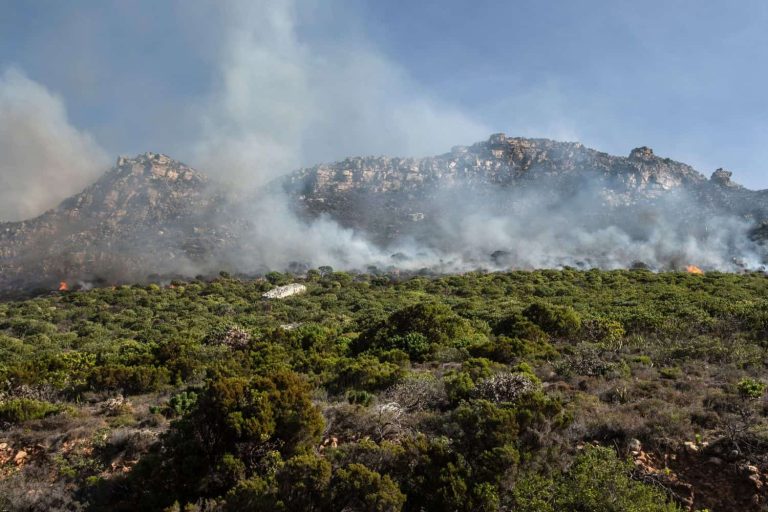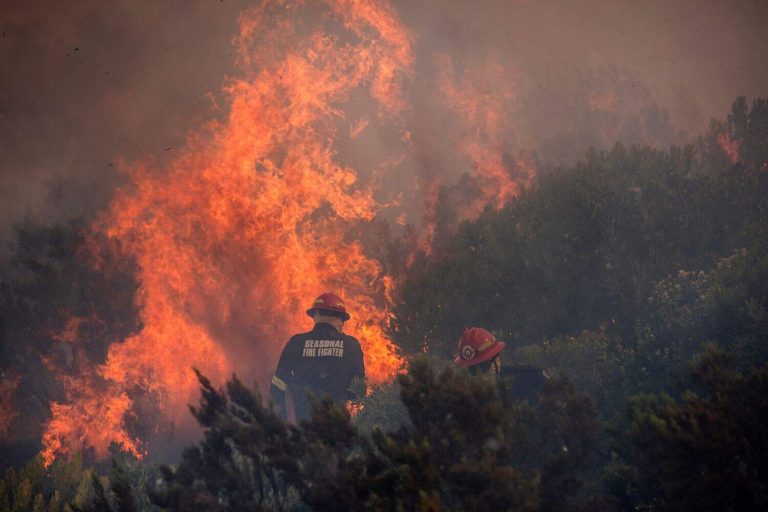
Nigeria’s crude oil production has surged to 1.8 million barrels per day (bpd), up from around 1 million bpd earlier in the year, according to Minister of State for Petroleum Resources (Oil), Heineken Lokpobiri.
Speaking at the inaugural Africa Energy Investment Summit (AE Invest 2025) held in New York, Lokpobiri revealed that the country’s short-term production target is 2.5 million bpd, citing renewed interest from American energy companies in Nigerian oil blocks.
“We’re seeing strong investment signals from U.S. firms,” Lokpobiri told delegates during a panel session, “and we’re optimistic that Nigeria’s upstream potential will soon be fully tapped.”
The summit, convened alongside the United Nations General Assembly (UNGA), drew top African energy policymakers, investors, and multilateral stakeholders.
During the panel, Lokpobiri made a passionate case for continued investment in fossil fuels, arguing that Africa must define its own energy transition path.
“Africa must not be deceived into abandoning fossil fuels while the West continues to expand production,” he said.
“Our hydrocarbons will finance our transition, not charity, not aid.”
Representing the Vice President of Equatorial Guinea, Minister of Hydrocarbon Mining Development, H.E. Antonio Oburu Ondo, echoed similar sentiments, urging African leaders to reclaim control over the continent’s energy future.
“Africa holds 40% of the world’s natural resource discoveries yet remains at the mercy of financiers in London, Paris, and New York,” Oburu said.
“Energy finance is a question of sovereignty. We must build the African Energy Bank, mobilize sovereign wealth and pension funds, and take our rightful place as global energy leaders.”
Also speaking at the summit, Omar Farouk Ibrahim, Secretary General of the African Petroleum Producers Organization (APPO) which initiated the AE Invest Summit said the timing of the forum was strategic.
“The UN General Assembly brings our leaders, investors, and stakeholders into one space,” he said. “There is no better platform to connect, engage, and unlock funding for Africa’s energy future.”
The African energy delegation in New York projected a bold, unified message: Africa will lead its own energy narrative, driven by domestic resources, strategic partnerships, and an unwavering commitment to industrialisation.
For Nigeria, the current production boost and interest from international investors mark a turning point in its quest to stabilize oil output and diversify its export base.
As the country targets 2.5 million barrels per day, stakeholders say the real challenge will be in balancing revenue generation, energy security, and sustainable transition in a rapidly evolving global energy landscape.



